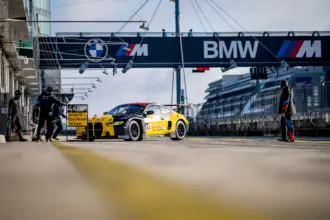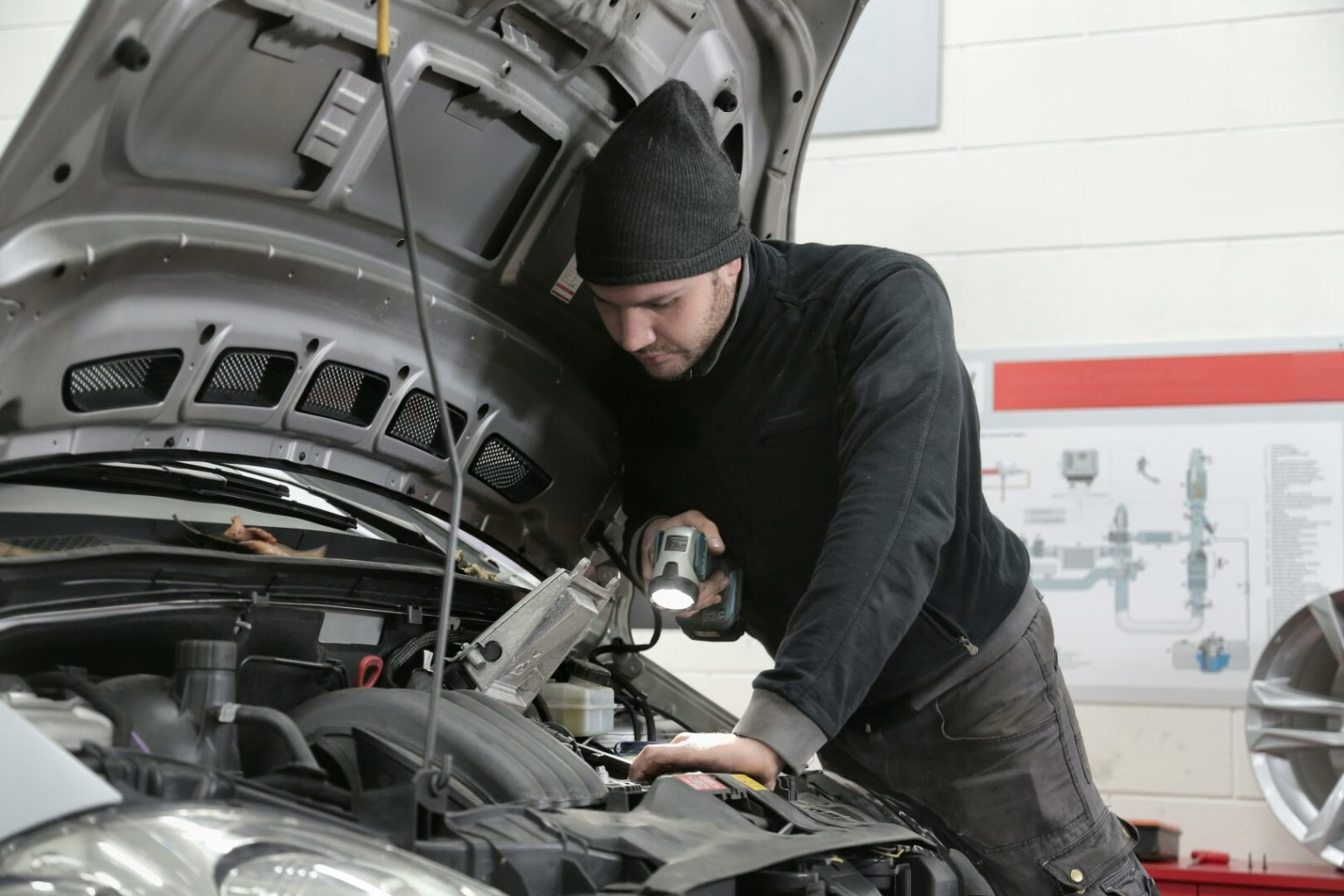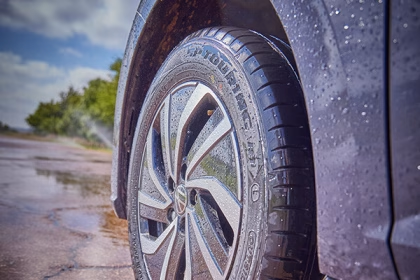Every 21 seconds a South African is searching for a used vehicle according to the 2024 Autotrader Mid-Year Car Industry Report. While there are many benefits to purchasing a previously loved vehicle, be sure it was ‘loved.’ There are safety concerns when purchasing a second-hand vehicle.
The CEO of MasterDrive, Eugene Herbert, advises doing checks before purchasing a used vehicle. “We regularly encounter drivers that recently acquired a ‘new vehicle.’ Since safety is at the core of MasterDrive and as advocates of safe driving, we notice many of the undermentioned points are common to the vehicles in which we train individuals.
“There are certain checks necessary to imbue confidence that a vehicle meets road safety standards. MasterDrive provides a list of checks essential for road safety and elaborates on their importance,” says Herbert.

- Go with the professionals
Ideally, the first tip is to select reputable vehicle dealerships. “These have the support of OEMS behind them and ensure their used vehicles have undergone checks already. Additionally, there are organisations that can provide an assessment of a vehicle and alert you to any potential issues.”
- Tread tips
Check tyres for wear that may risk your safety. “Check the Tread Wear Indicator (TWI). It should not be less than 1,6mm. If it is nearing this, negotiate tyre replacement into your deal. Additionally, look for cracks, bulges or uneven wear which can indicate a problem with alignment or the suspension.”
- Put on the brakes
During your test drive, check the brakes. “Apply them in different driving scenarios from an emergency stop to a gentle traffic light stop. The response should be prompt, even and have no unusual noises, grinding or squeaking. Soft brake pedals can also indicate a brake fluid change is needed or even be a sign of worn brake pads.”
- Shine the way
Do not forget the lights and turn signals. “Ask someone to check that each light works properly. Additionally, ensure the headlight cover has not become cloudy or oxidised as this affects visibility particularly at night.”
- Servicing safety
A full service history provides transparency about whether safety maintenance was completed. “It is a record of whether oil changes, brake checks and major services were undertaken. It provides reassurance your vehicle is at less risk of mechanical failure that can cause crashes.”
- Check the chip
Inspect all the windows. “Even small chips affect visibility. Cracks can also quickly grow not only reducing visibility but also affecting structural strength of a windscreen.”
- Fluid savvy
Check the fluid levels. “Low levels, dark oil or transmission fluid or a burnt smell is a sign of a potential issue but also indicates the dealership did not do their due diligence.”
- Primary safety
Do not overlook the seatbelts and airbags. “Inspect the seatbelts for fraying and ability to retract on their own. Airbags can be problematic if the warning light remains on after starting. While airbags can last a lifetime, airbag sensors can become less effective after ten years,” says Herbert.














